
How the new sharing economy has changed consumer behavior
We currently live in a Digital Age, which, unlike a couple of decades ago, gives us the ability to leverage one another, like never before, as resources for support in just a few clicks or taps. Nowadays, we congregate online to do so many important things, none more important than sharing our precious resources. Whether we're setting up a ride on Lyft or booking a room on Airbnb, we, as consumers, are putting our trust in the fact that we will get great service and a fair deal, even when we are dealing with people we do not know. It's a fascinating time when what used to quaintly be called "stranger danger" has rapidly given way to consumers learning to trust complete strangers to provide everything from reliable transportation, to comfortable lodging, to transparency into how donations are being used.
The aforementioned companies are now, probably much to our parents’ disdain, household names. And with this kind of brand familiarity comes an implicit sense of trust. We know that if our Lyft driver fails to show, there is a company we can contact to complain about it. We also know that if our Airbnb host doesn’t provide clean accommodations upon arrival, we can go complain on Yelp. Every day, each of the crowdfunding, crowdsharing, and crowdsourcing companies that we're becoming increasingly reliant upon, in turn, relies on one important thing to make sure their business is running as well as it ought to be: consumer feedback.
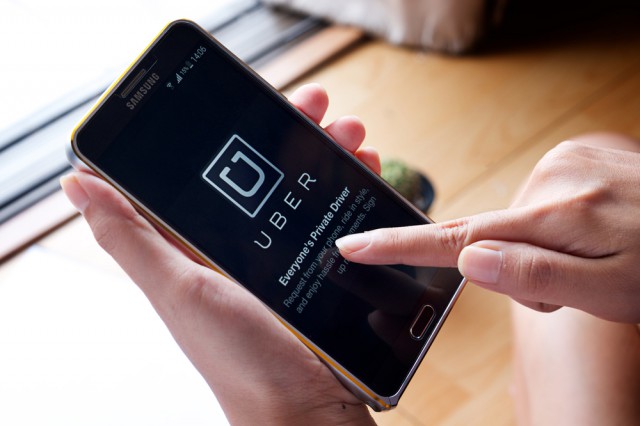
How ridesharing companies do (and don't) use background checks
Ridesharing companies like Uber and Lyft are reshaping the transportation industry. In the past few years, these businesses have changed the way people explore cities, navigate to new travel destinations, and find their way home after a night at the bar.
While many consumers sing the praises of Uber and Lyft, there is one area in which these businesses have frequently courted controversy: background checks.

Uber is rolling out the ability to tip drivers, other features
In what is one of the most fundamental changes ever made to Uber's business model, the ride sharing app has begun to roll out an update that will allow users to tip drivers, reversing a policy it had in place from day one as potentially the biggest differentiating factor between it and standard taxicab services.
Indeed, Uber's dominance in the on-demand transportation space was built almost entirely because of its cost effectiveness, with fares often less than half of what you might pay for a traditional taxi. Intentionally precluding the ability to tip your driver was an essential part of that value promise.
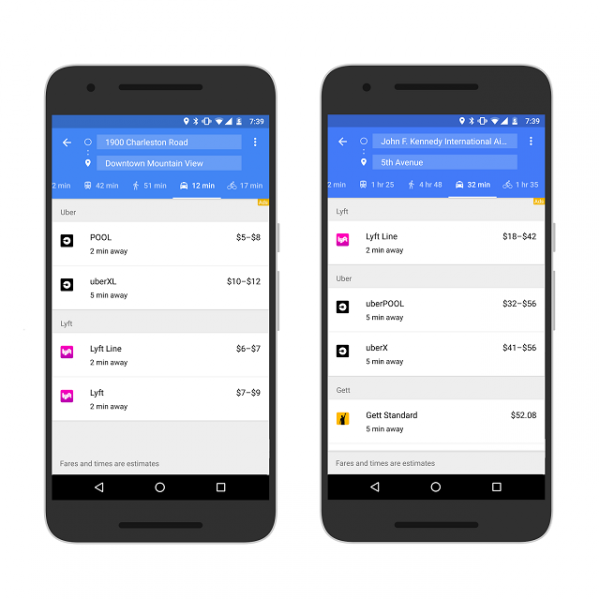
Google Maps adds Lyft and Gett ride-sharing options -- should Uber be worried?
Uber is considered the king of ride-sharing in the USA by many. Why is this? There are many likely factors, but ultimately, its brand got an early boost. There is definite name recognition, and the company's marketing keeps the brand on consumers' minds. In other words, "Uber" is to ride-sharing, as "Band-Aid" is to bandages. Many people do not consider alternatives.
But what if consumers did not need to be aware of the alternatives? What if they were instead shown multiple brand options -- including pricing -- next to Uber? This would not be good for Uber. There would be very visible alternatives -- with potentially lower prices -- which could take business from the aforementioned leader. Today, Google Maps is slowly enabling this very thing by expanding on its initial ride-share options, adding some significant choices when searching for a ride -- Lyft nationwide, and Gett in NYC. While Uber should be worried, consumers should be absolutely thrilled.

Google to take on Uber and Lyft, using Waze to offer ride-sharing
Google's seemingly relentless expansion into just about every field of business looks set to continue as the company prepares to enter the ride-sharing arena. The likes of Lyft and Uber have already proved that there is a strong demand for such car-pooling services.
Following on from a pilot program in San Francisco, Google is set to make use of its Waze app to put commuters in touch with each other. Come the end of 2016, the program will be opened up to anyone in the Bay Area, with the possibility of a wider expansion later.
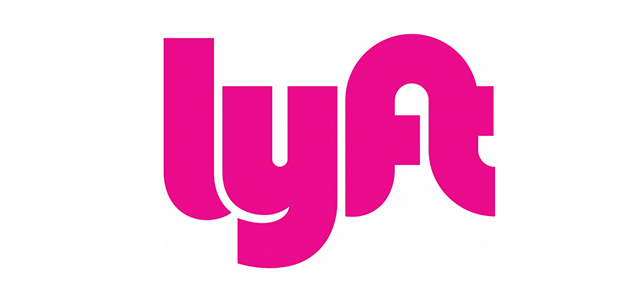
GM tried to buy Lyft
General Motors (GM) currently holds some nine percent stake at Lyft, the US ride-sharing startup. However, according to new reports, firstly coming out of The Information, GM was interested in purchasing the other 91 percent, as well.
How much money would that be? Well, if nine percent is $500 million, the entire company would be around $5.5 billion. Lyft, apparently, turned the offer down and instead wants to go for another round of funding.
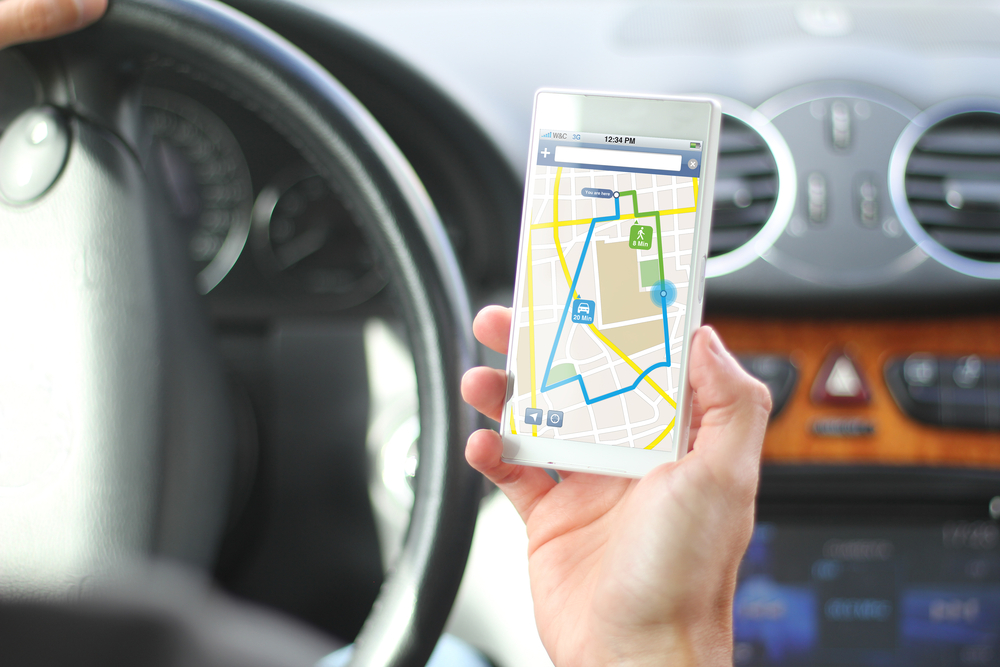
Lyft adding 'extra stops'
Ride-sharing apps are all the rage nowadays. It is not hard to see why traditional taxi drivers despise the services -- it is extremely convenient and satisfying to reserve a car with a smartphone app. Standing in the street with your arms flailing in an effort to get a driver's attention is archaic and uncouth.
While Uber is undoubtedly the king of ride-sharing in the USA, its competitor, Lyft, is no slouch. Today, Lyft announces an upcoming new feature that looks rather useful -- 'extra stops'.

Uber blames Lyft CTO for data theft
Uber is laying blame for the February 2015 hack and data theft on none other than its main competitor -- Lyft.
Back in February 2015, someone broke into Uber’s servers and stole data of more than 50,000 its drivers, and now Uber claims the thief’s IP address points to Lyft’s chief of technology Chris Lambert.
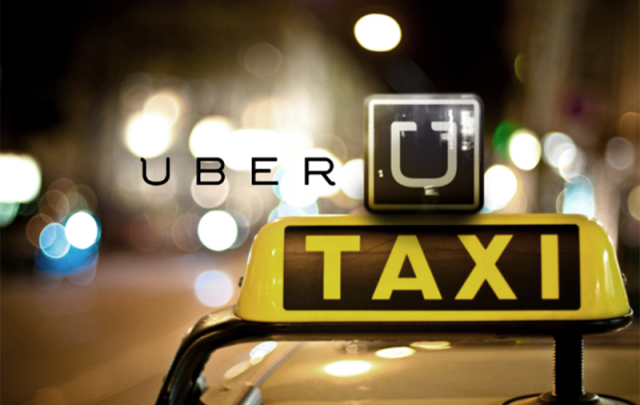
Strange things happening during Lyft, Uber rides
An average Lyft or Uber passenger can come across some really strange and hilariously twisted things, and for some of us reading these experiences is quite entertaining.
That’s why I would like to personally thank Hilary Mason for creating Twitter bots that retweet when someone includes the words "my uber driver" or "my lyft driver".

Uber is stealing drivers away from Lyft
Ride sharing startup Uber has been caught using "brand ambassadors" to steal drivers away from its biggest competitor, Lyft.
Uber provides teams of independent contractors with credit cards and "burner" phones (essentially phones that can be bought without signing a contract) who then order rides from Lyft and charm the drivers over to Uber.
